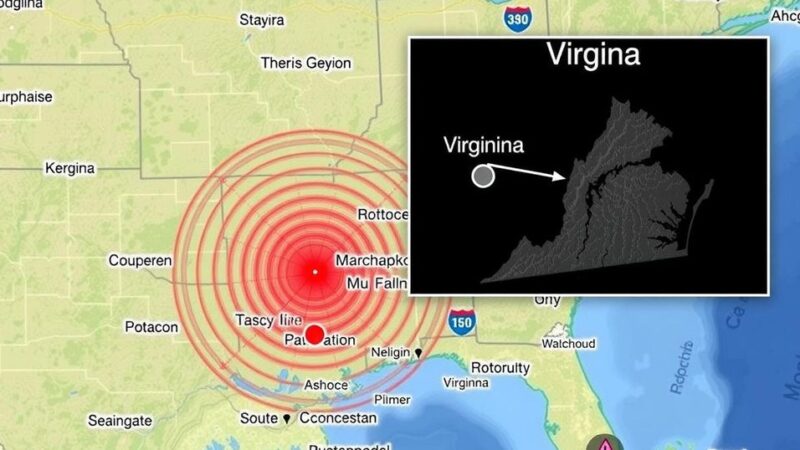The establishment of an anti-Iranian axis in Syria, led by Turkey and Saudi Arabia, threatens Israel’s exclusive status as a U.S. ally. With impending U.S. administration changes, the dynamics of Middle Eastern alliances may shift, affecting Israel’s normalization efforts with Riyadh.
The evolving geopolitical landscape in Syria is witnessing the formation of an anti-Iranian axis, significantly influenced by the roles of Turkey and Saudi Arabia. As both nations become increasingly involved in the reconstruction efforts of Syria, their actions may undermine Israel’s privileged status as the principal ally of the United States in the region. This shift is critically important as it could potentially impact Israel’s efforts toward normalization with Riyadh.
The current situation is marked by a tumultuous transition phase, characterized by the outgoing U.S. administration’s efforts to shape a quieter Middle East. This phase not only sets a precarious stage for diplomatic relations but also prompts a recalibration of alliances as global policy appears to be molded even before the new administration assumes office. With the Trump presidency’s influence extending into foreign policy dynamics, there is a palpable sense of anticipation shaping the future of relations among nations in the Middle East, particularly with Israel, Turkey, and Saudi Arabia.
Recent developments in Syria have seen Turkey and Saudi Arabia actively participating in rebuilding efforts, presenting a collective front against Iranian influence. The historical exclusivity of Israel as the foremost U.S. ally in the Middle Eastern geopolitical context may be compromised as these nations gain prominence. This scenario complicates Israel’s strategic calculations and may hinder its objectives, particularly concerning normalization initiatives with Saudi Arabia, a prospective ally in countering Iran’s power in the region.
In summary, the emergence of an anti-Iranian coalition in Syria, driven by Turkey and Saudi Arabia’s involvement, poses significant challenges to Israel’s traditional standing with the United States. As these developments unfold during a critical transition period in U.S. leadership, Israel must navigate this new geopolitical reality deftly, ensuring that its interests are safeguarded in a potentially transformed regional landscape.
Original Source: www.haaretz.com







